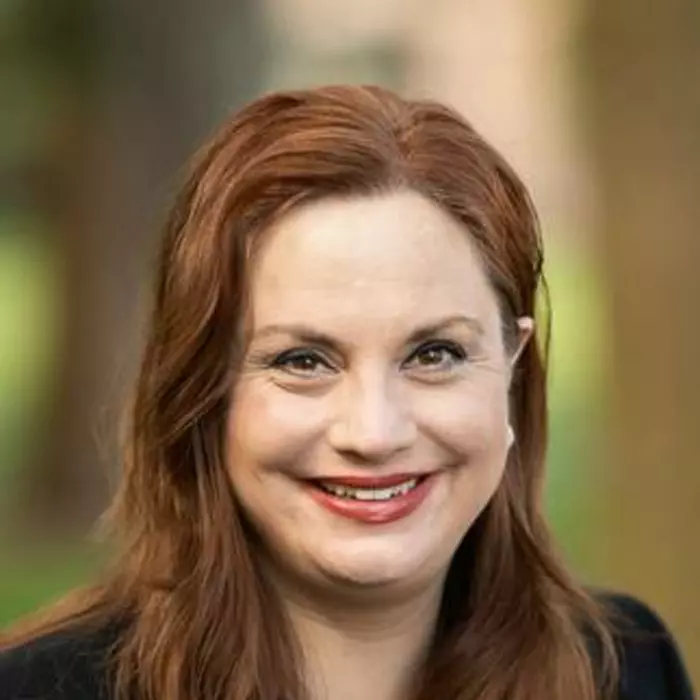
Professor, Theatre Arts
Sara Freeman is President of Literary Managers and Dramaturgs of the Americas and Professor of Theatre Arts at the University of Puget Sound, where she has been both Department Chair and Faculty Senate Chair, among other governance and leadership roles. She researches contemporary playwriting and alternative, political, and feminist theatre. She is a series editor for Methuen’s Student Editions of Drama, associate editor of the Encyclopedia of Modern Theatre, and past editor of the annual journal Theatre History Studies. Her book Playwriting, Dramaturgy, and Space is available in the Cambridge Elements Series on Contemporary Performance Texts.
She maintains an active practice as a director and a dramaturg, most recently directing Measure for Measure at Puget Sound and dramaturging Jackie Sibblies Drury’s Fairview for empathos theatre company in Tacoma. Previously, she’s staged Brecht’s Threepenny Opera, Anne Washburn’s Mr. Burns: A Post Electric Play, the Spanish Golden Age classic Force of Habit by Guilen de Castro, Sater and Sheik’s musical version of Spring Awakening, and Sarah Ruhl’s In the Next Room (or, the vibrator play) at Puget Sound. Other favorite directing projects include Sarah Ruhl's Eurydice, Shakespeare's Love's Labors Lost, Timberlake Wertenbaker's Our Country's Good, Susanna Centlivre's Bold Stroke for a Wife, and Caryl Churchill's Blue Heart.
Other scholarship includes: coediting International Dramaturgy: Translation and Transformations in the Theatre of Timberlake Wertenbaker and Public Theatres and Theatre Publics; publishing chapters in The British Theatre Company 1980-1994, Decades of Modern British Playwriting: The 1980s, Working in the Wings: New Perspectives on Theatre History and Labor, Readings in Performance and Ecology, and Querying Difference in Theatre History. Her articles appear in Yale’s Theater magazine, Modern Drama, New Theatre Quarterly, Comparative Drama, and Contemporary Theatre Review. She won the Gerald Kahan Award from the American Society for Theatre Research in 2007 for an article on Joint Stock Theatre Company published in Theatre Survey.